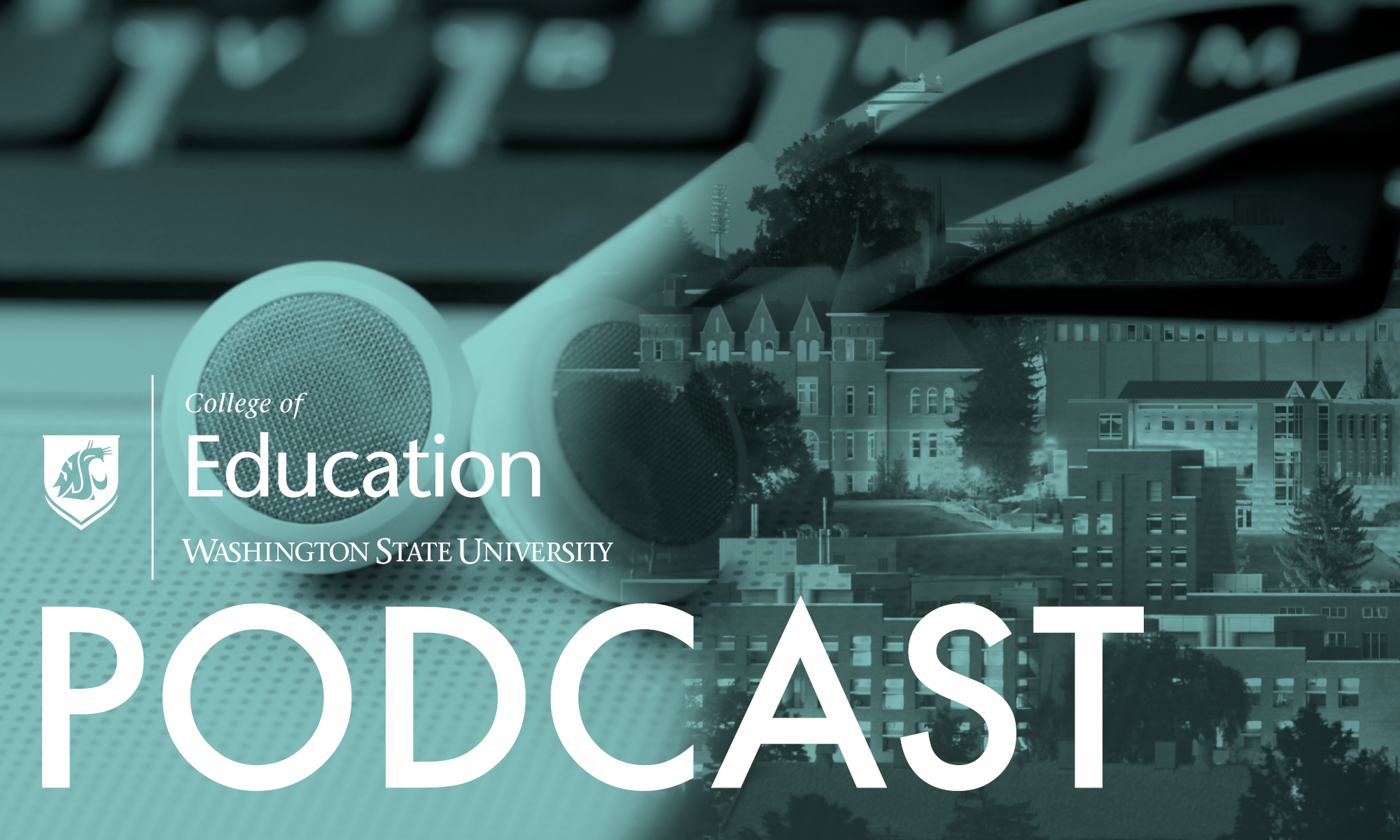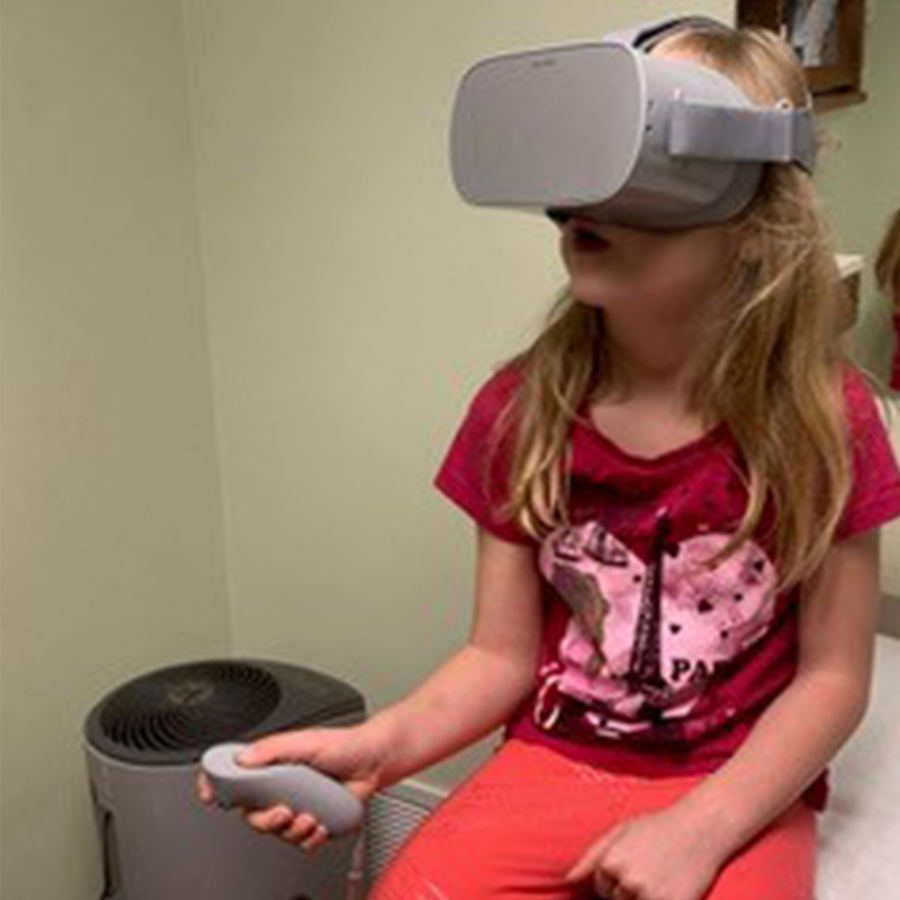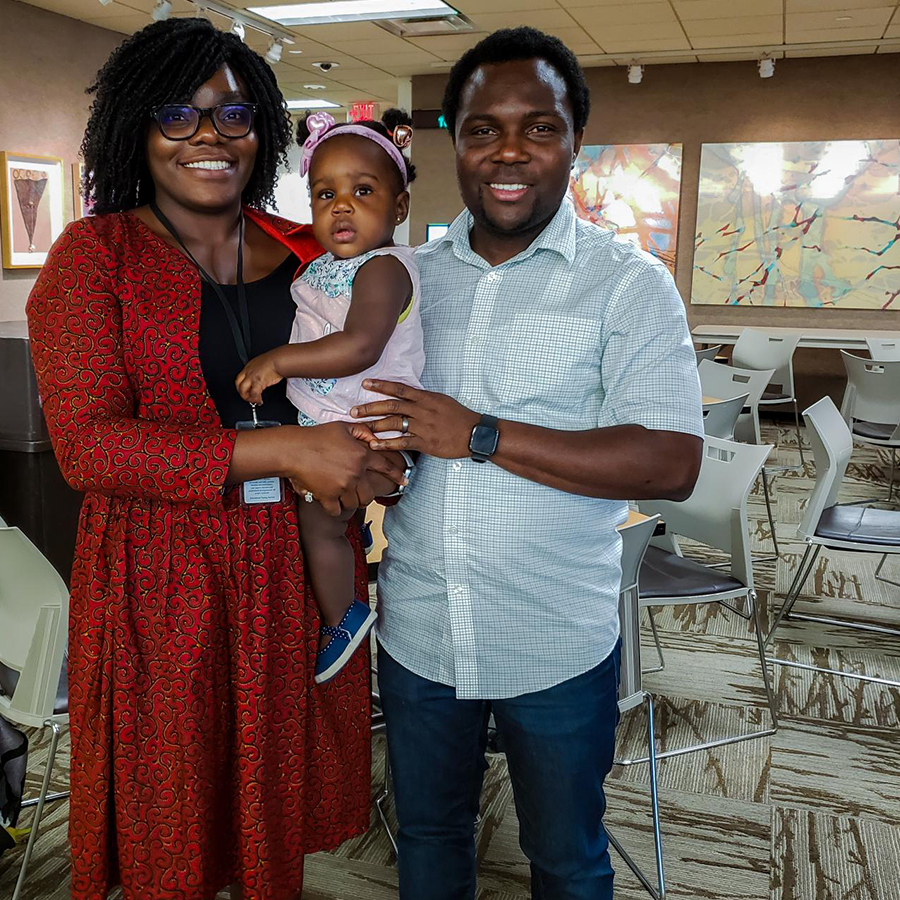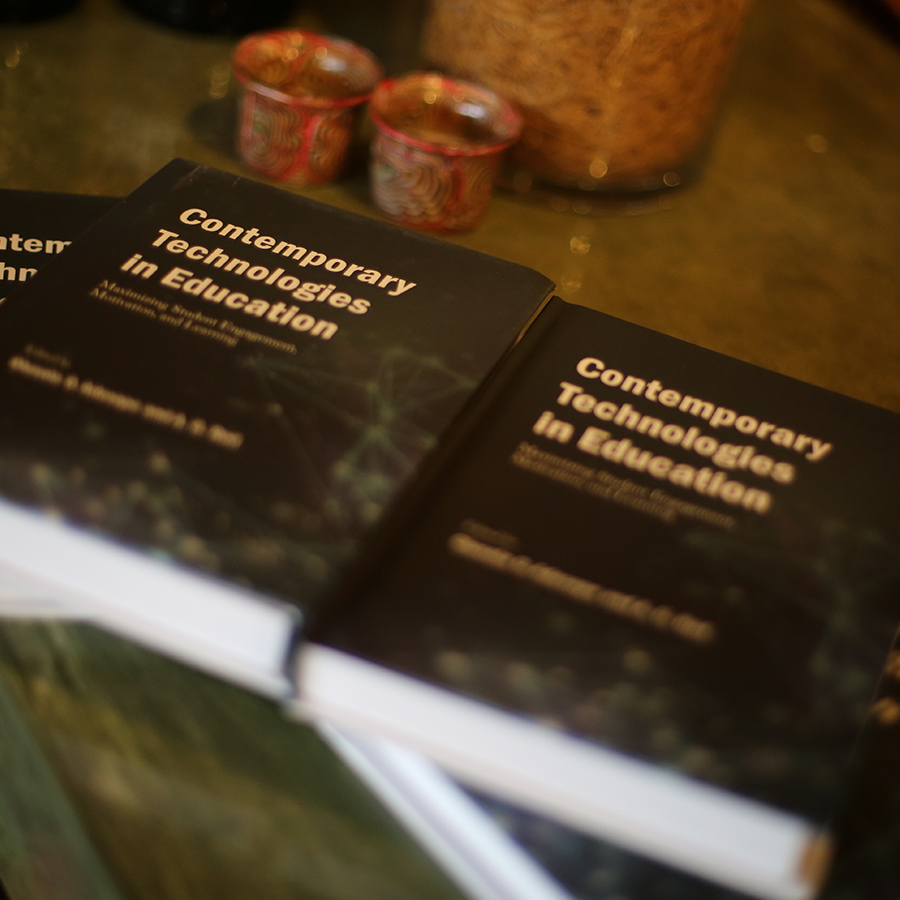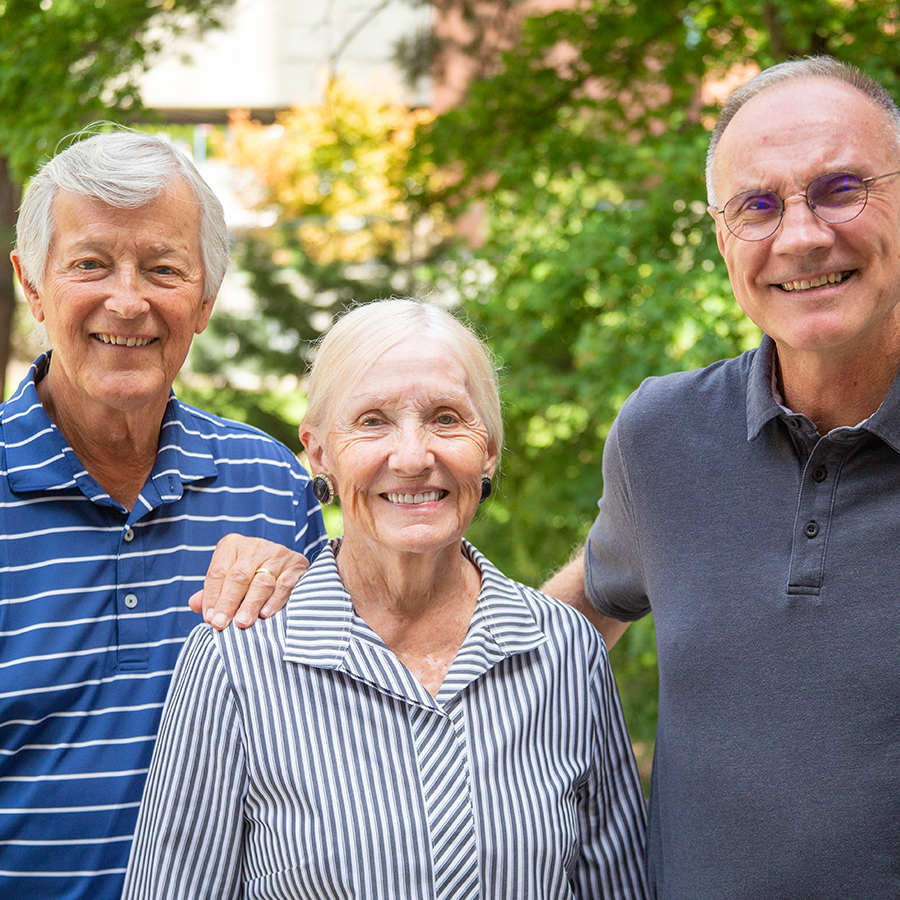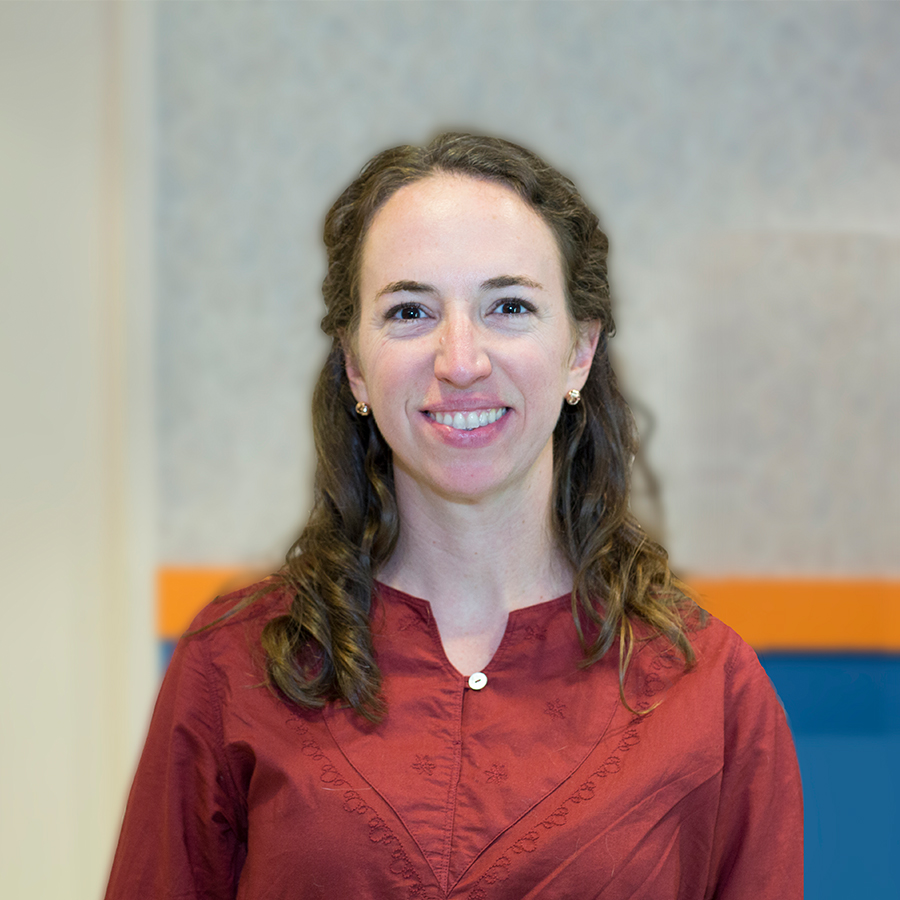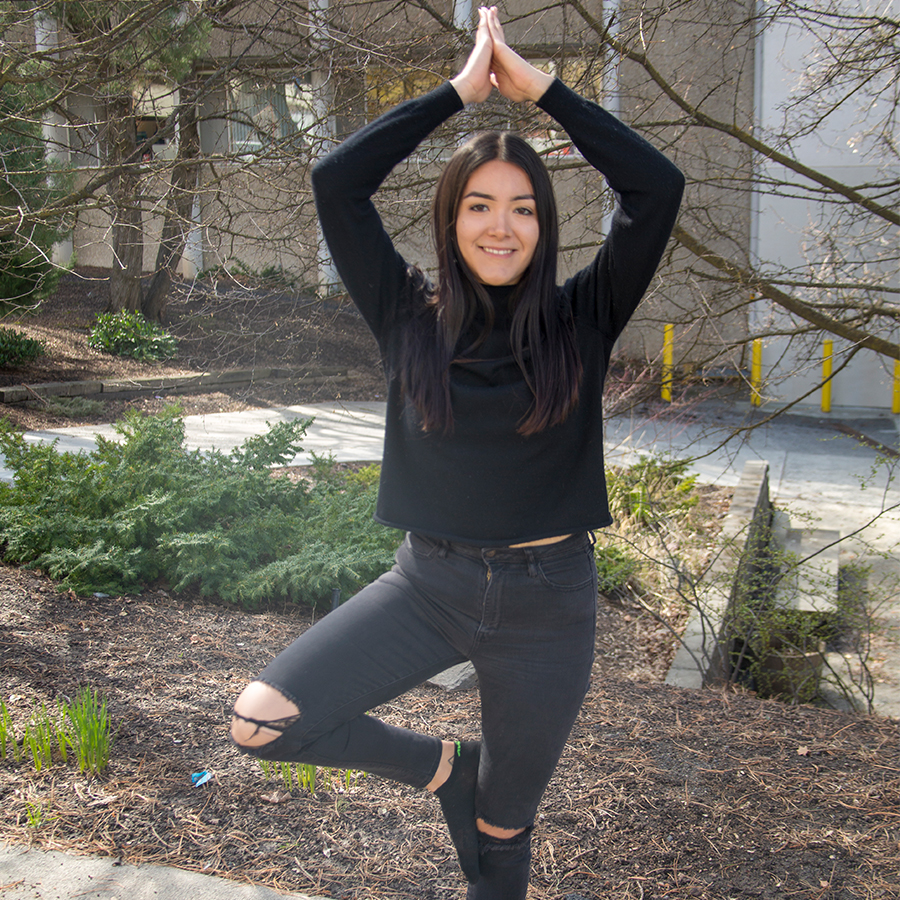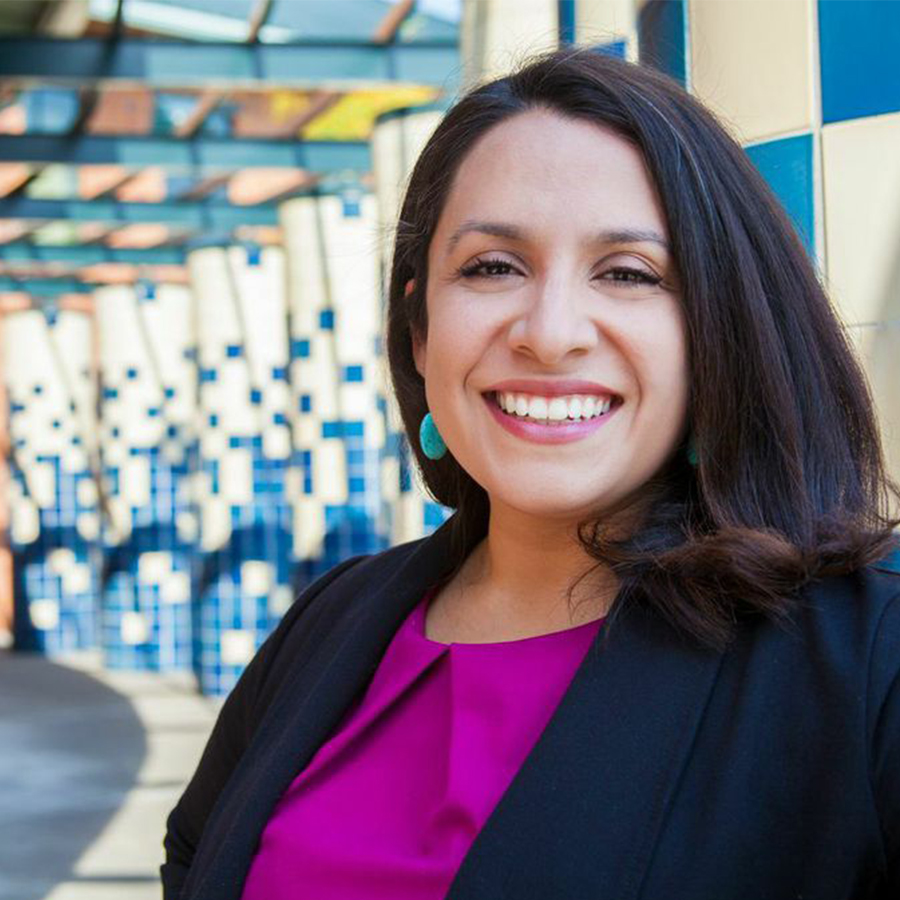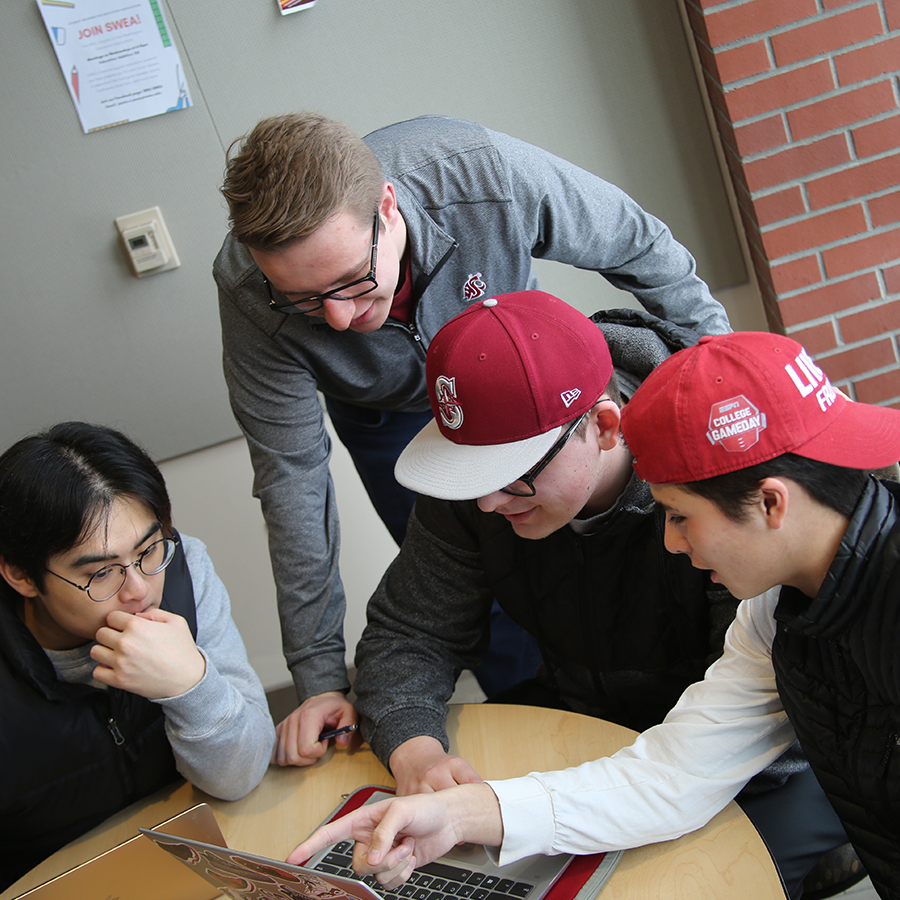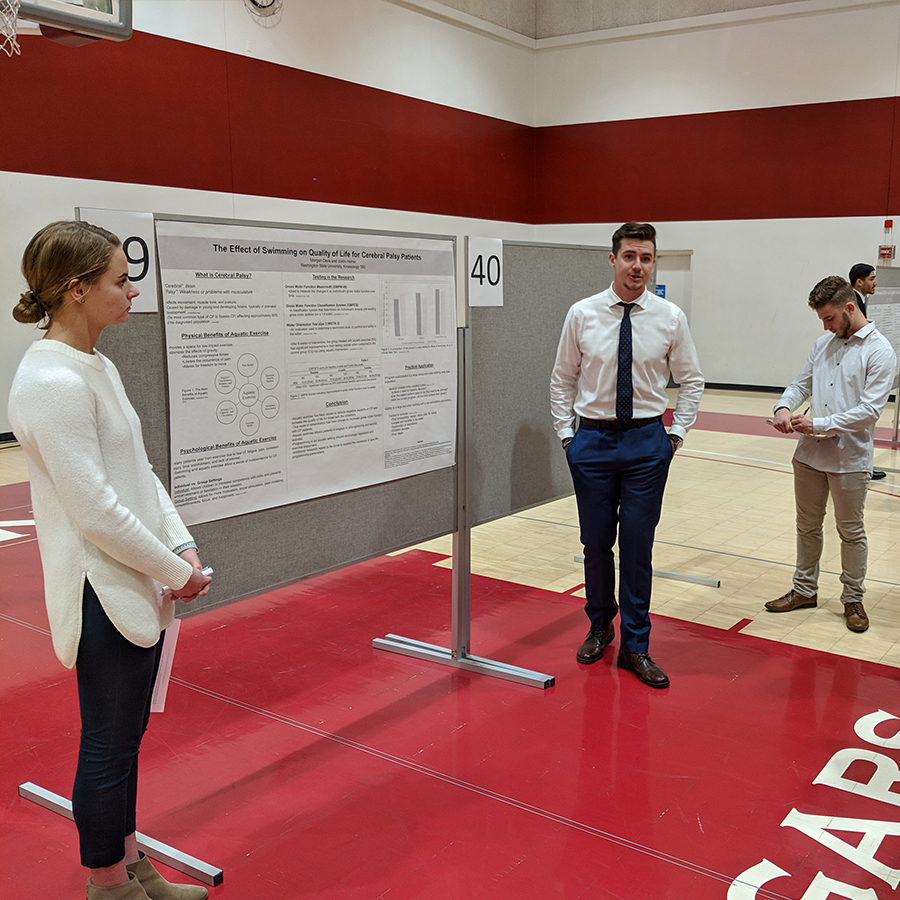A phlebotomist is about to stick a needle in your arm. They’re going to draw blood. And you hate needles. And the site of blood. Some people tell you, it’s no big deal. But you know better! Well, now, you don’t necessarily need to feel the anxiety you normally do when seeing the doctor, or, in this example, get blood drawn. Why? Virtual Reality.
Don McMahon, an assistant professor of special education at Washington State University’s College of Education, as well as the director of a virtual and augmented reality lab on the Pullman campus, has a new technique. It was discovered because of a trip to the doctor’s office with his daughter. Virtual reality can actually help reduce anxiety among healthcare patients! The integration of this was obvious and Don explains how a local hospital saw it and has implemented it.
Podcast (educationeclipse): Play in new window | Download
Subscribe: RSS
